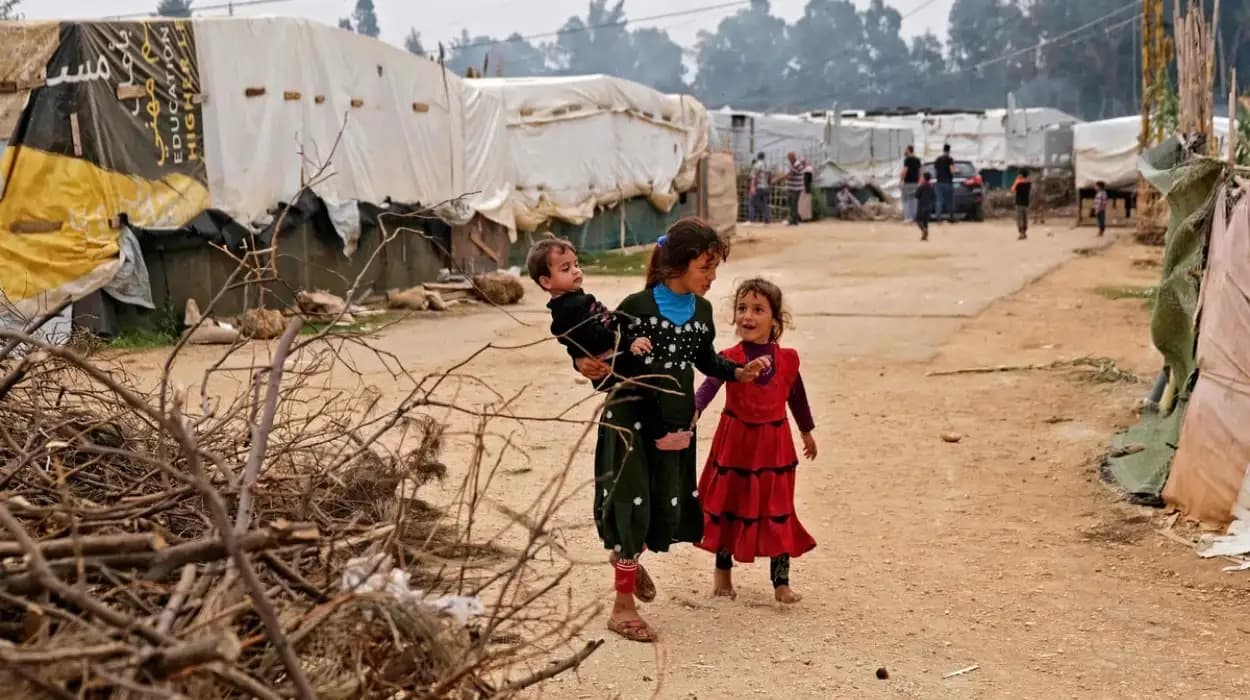Syrian refugees in Jordan are encountering increasing
barriers to returning home, including security concerns and destroyed
infrastructure. Humanitarian organisations and international agencies highlight
the urgent need for support and durable solutions for refugees stuck in limbo.
Mounting Challenges for Syrian Refugees in Jordan
As reported by the Norwegian Refugee Council in their
September 2025 briefing, Syrian refugees living in Jordan face growing
difficulties in safely returning to their homes in Syria. The ongoing conflict
and fragmentation in Syria have destroyed vital infrastructure, including
housing, schools, and health facilities, making return risky or impossible for
many families.
Aleksandra Stelmach, NRC’s regional coordinator, stated,
“The conditions in Syria remain volatile with ongoing hostilities and widespread damage. This severely limits refugees’ ability to return, even if they want to.”
The destruction of homes and essential services means that many
refugees feel trapped in Jordan, where resources are also stretched thin.
Security Concerns Impede Return
Security remains a critical problem, as various parts of
Syria are under contest by different armed groups and government forces. The
NRC report emphasises that refugees fear for their safety due to sporadic
violence and a lack of effective governance in key areas.
Ahmad Al Tal, a Syrian refugee interviewed by NRC, explained his predicament:
“I want to go back to my village, but it is not safe. Houses have been bombed, and I don’t know if my family’s home still exists.”
This
testimony illustrates the personal stakes and emotional strain facing refugees
contemplating return under uncertain conditions.
Jordan’s Role Amid Refugee Pressure
Jordan hosts over 650,000 registered Syrian refugees,
according to United Nations figures quoted in the NRC report. The Jordanian government
has maintained an open-door policy but faces challenges in providing adequate
services and economic opportunities for such a large displaced population.
A spokesperson for the United Nations High Commissioner for Refugees (UNHCR) told the Norwegian Refugee Council,
“Jordan’s generosity is remarkable, but the international community must increase support to both Jordan and refugees to ensure humanitarian needs are met while political solutions remain elusive.”
Humanitarian Support and Solutions
The Norwegian Refugee Council calls for urgent humanitarian
aid and durable solutions. It urges the international community to invest in
education, healthcare, and livelihoods for refugees in Jordan while political
stability in Syria is pursued.
“We need increased funding and collaborative efforts to assist those caught in this prolonged displacement,”
Aleksandra Stelmach said.
“Without such support, refugees face long-term hardship without clear paths to recovery or return.”
International Diplomatic Efforts
While refugees face grave difficulties, diplomatic efforts
to resolve the Syrian conflict continue. International actors including the
United Nations and regional governments are engaged in dialogue aimed at
creating conditions conducive to safe and voluntary refugee returns.
A United Nations official involved in Syrian peace initiatives highlighted the importance of security arrangements and reconstruction assistance to facilitate return.
“The humanitarian situation underscores the urgency with which a political solution must be reached,”
the
official stated.
Syrian refugees in Jordan are caught between the desire to return to their homeland and the harsh realities of ongoing instability and destruction in Syria. As the Norwegian Refugee Council and international agencies report, the success of future returns heavily depends on improvements in security, reconstruction, and sustained humanitarian support. Jordan remains a crucial host country amid these complex challenges, requiring ongoing international solidarity.
